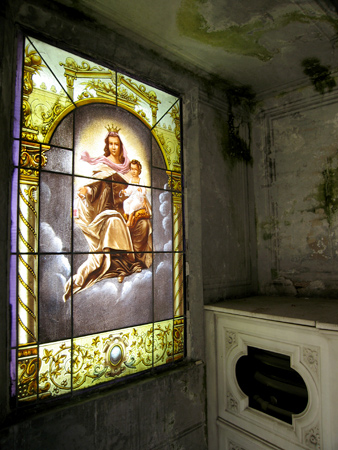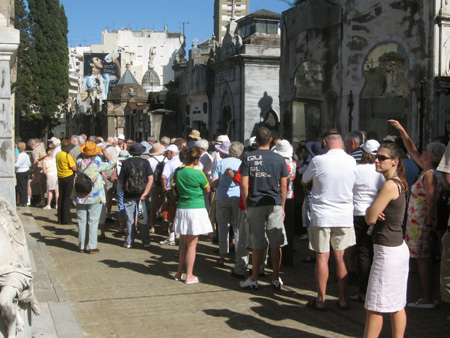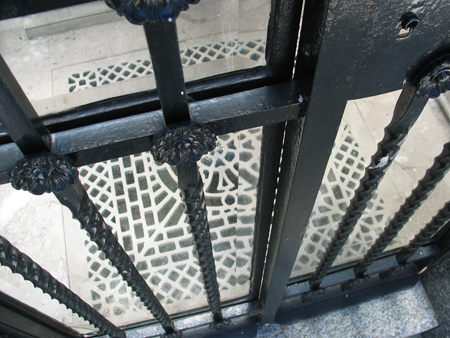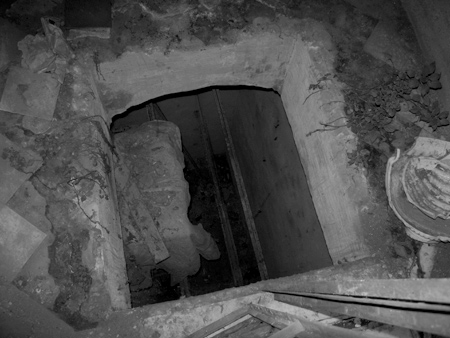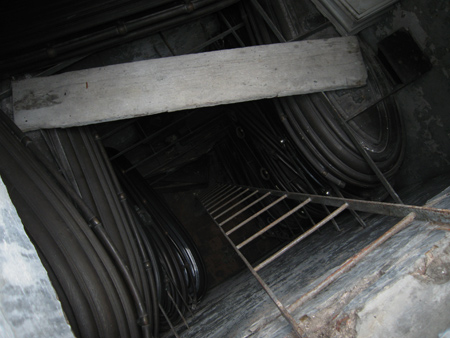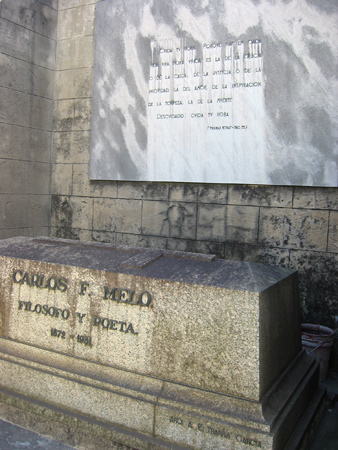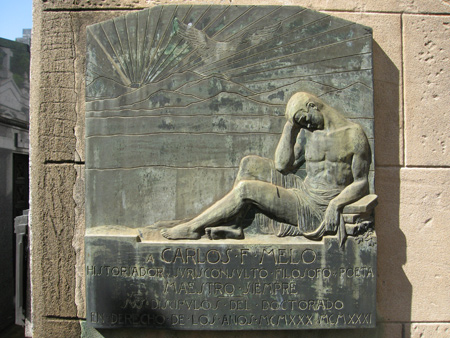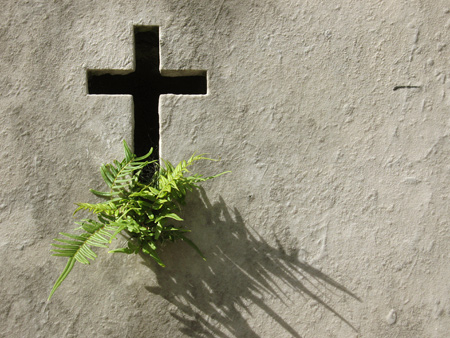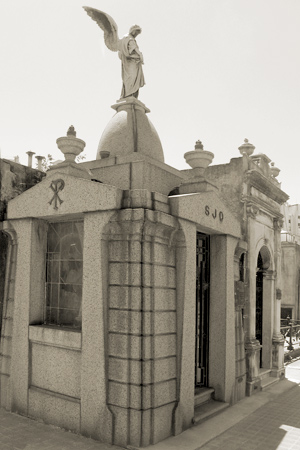
Founder of the Banco Popular Argentino in 1887, Sixto J. Quesada preferred cooperativism over corporation just as massive immigration to Argentina began. By definition, a co-op operates under a one person, one vote system while corporations give more authority to those who own more shares in the business. Quesada, along with a group of friends, created this new bank with the idea of promoting national growth on a more equalitarian basis than other models could offer.
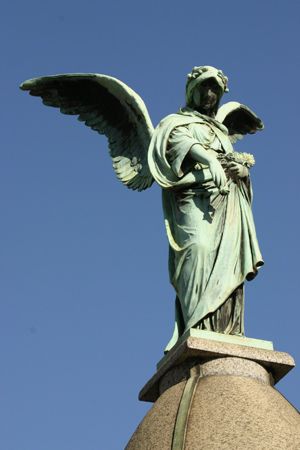
A 1926 national law increased government intervention in cooperatives & many of them incorporated to stay in business. The Banco Popular Argentino switched sides & became a corporation too, managing to stay afloat until the 1980s. These days it’s nothing but a memory.
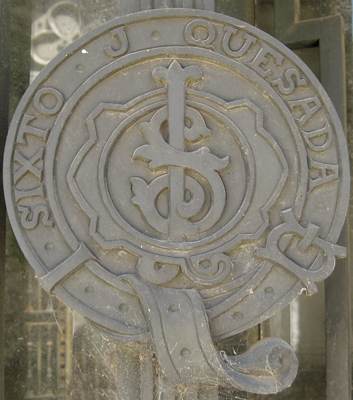
As a prominent banker, Quesada also wrote various books about the Argentine economy which are quoted from even today. In the 1901 publication “Historia de los Bancos” he writes about Argentina:
“The budget is in a state of constant deficit. There is no external or internal credit. So where do the resources to cover current expenditures come from? It is impossible to raise taxes for the moment, due to the current commercial & industrial situation. [Doing so] would be to precipitate its ruin.
The only recourse is to submit ourselves to living frugally, almost Franciscan, so that by economic means, previous obligations can be paid. The administration should take a moral stand so it can regain the credit which it lacks today.
Those who live off politics should rethink their actions–the very ones who praise themselves for serving the nation when they have only lived off of it & thus off of taxpayers as well. The sickness has reached a critical level, today the nation is anemic. They cannot continue sucking its blood but instead they should nurse it so the nation can survive & recover.
Illusions abound by those who think they can continue doing politics the old way & that the country can withstand anything. They have killed the goose that laid the golden egg & should resign themselves to work; the party is over. Work & honesty will be the only thing that will regenerate our country.”
